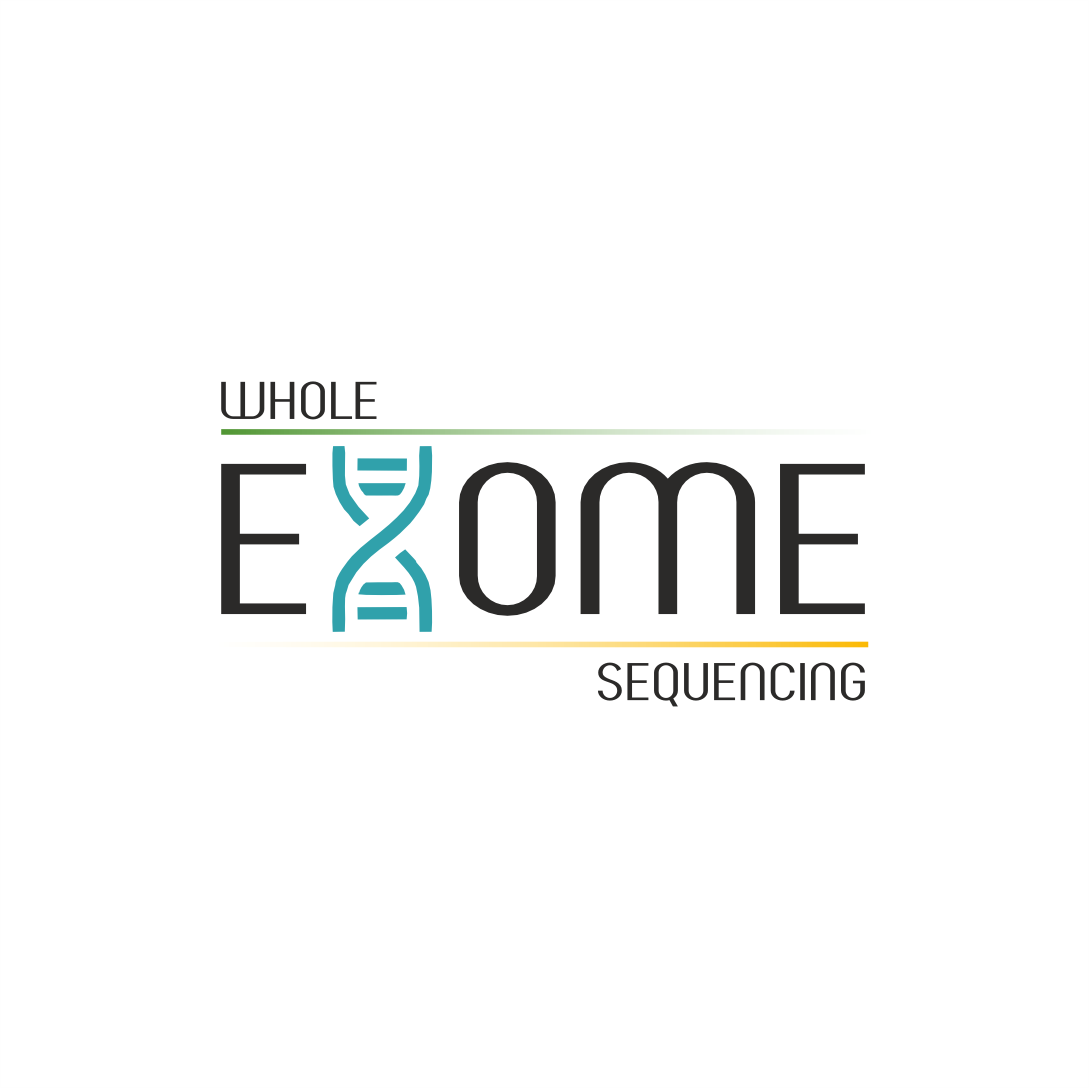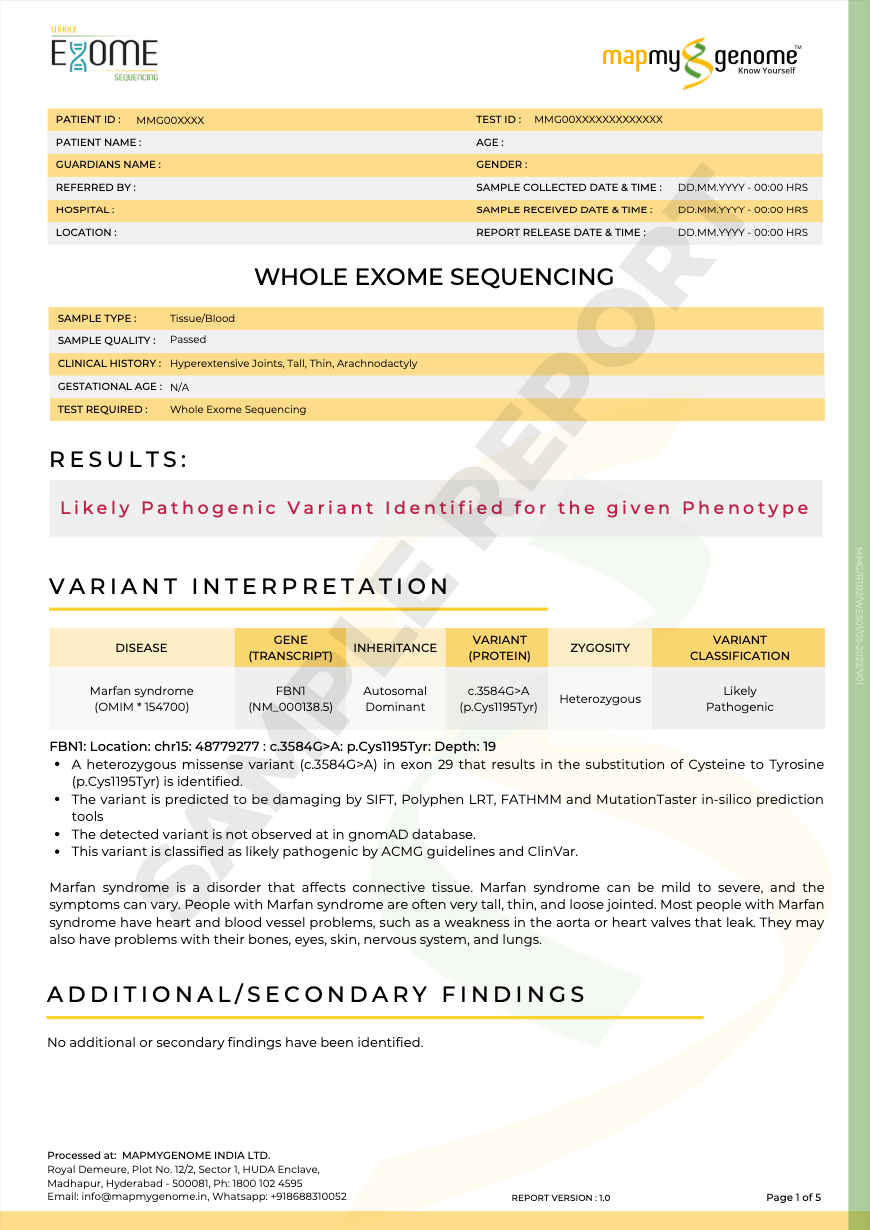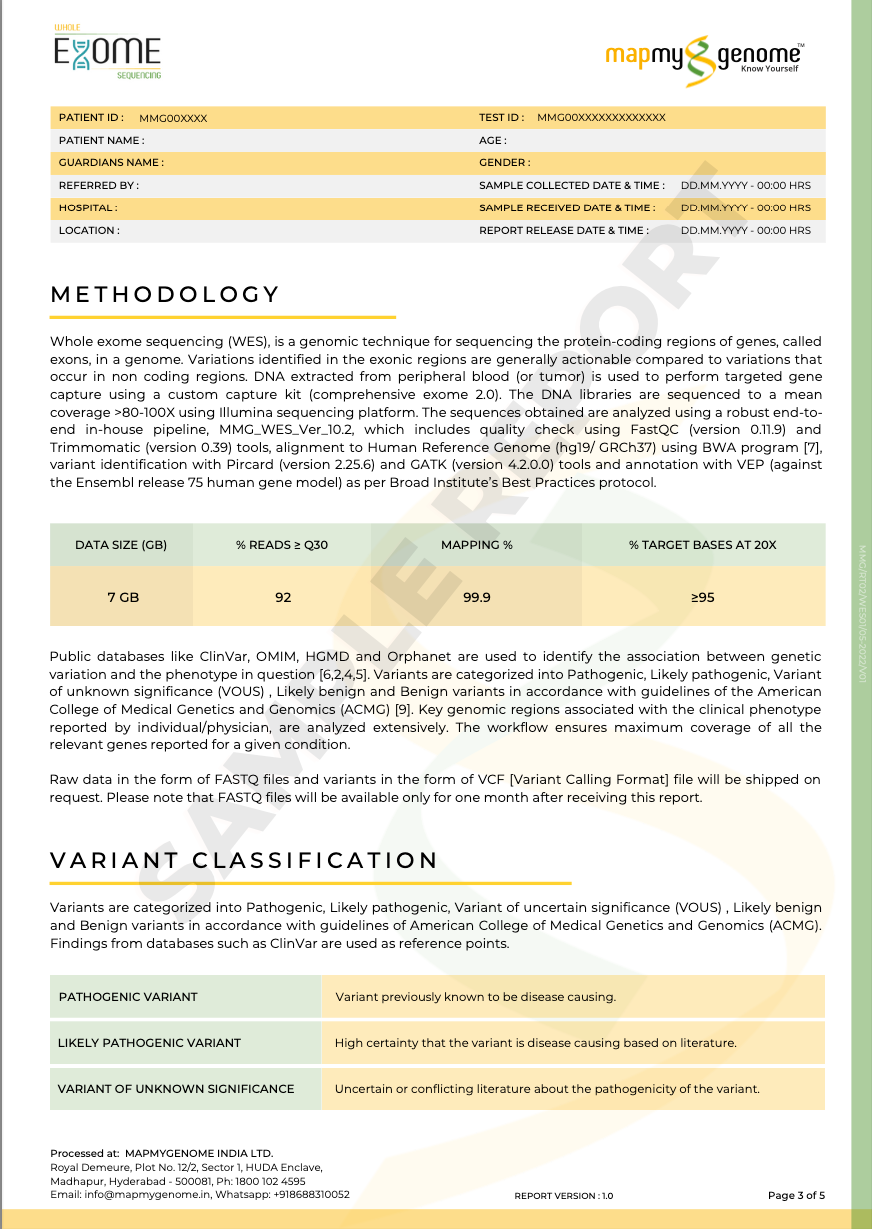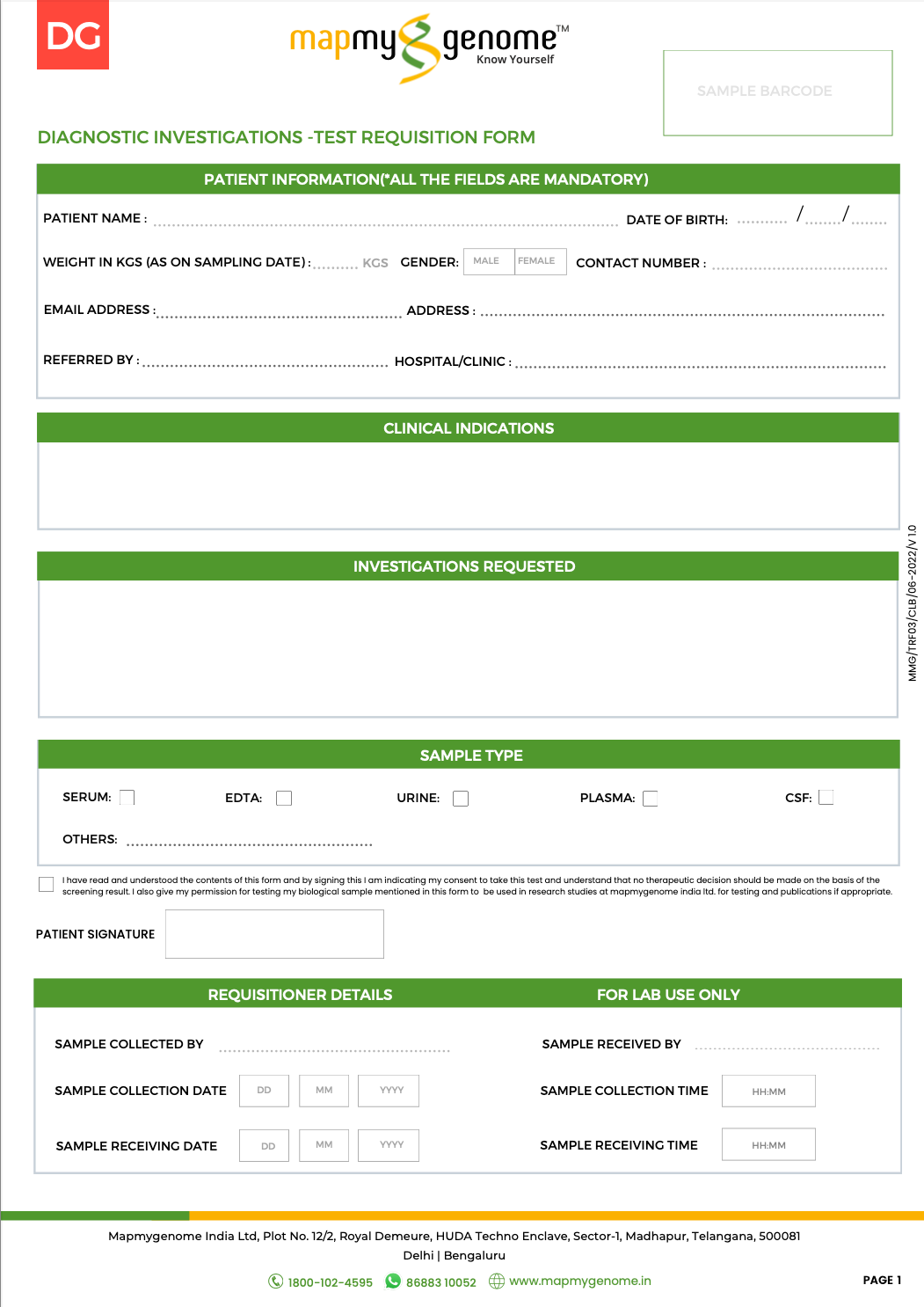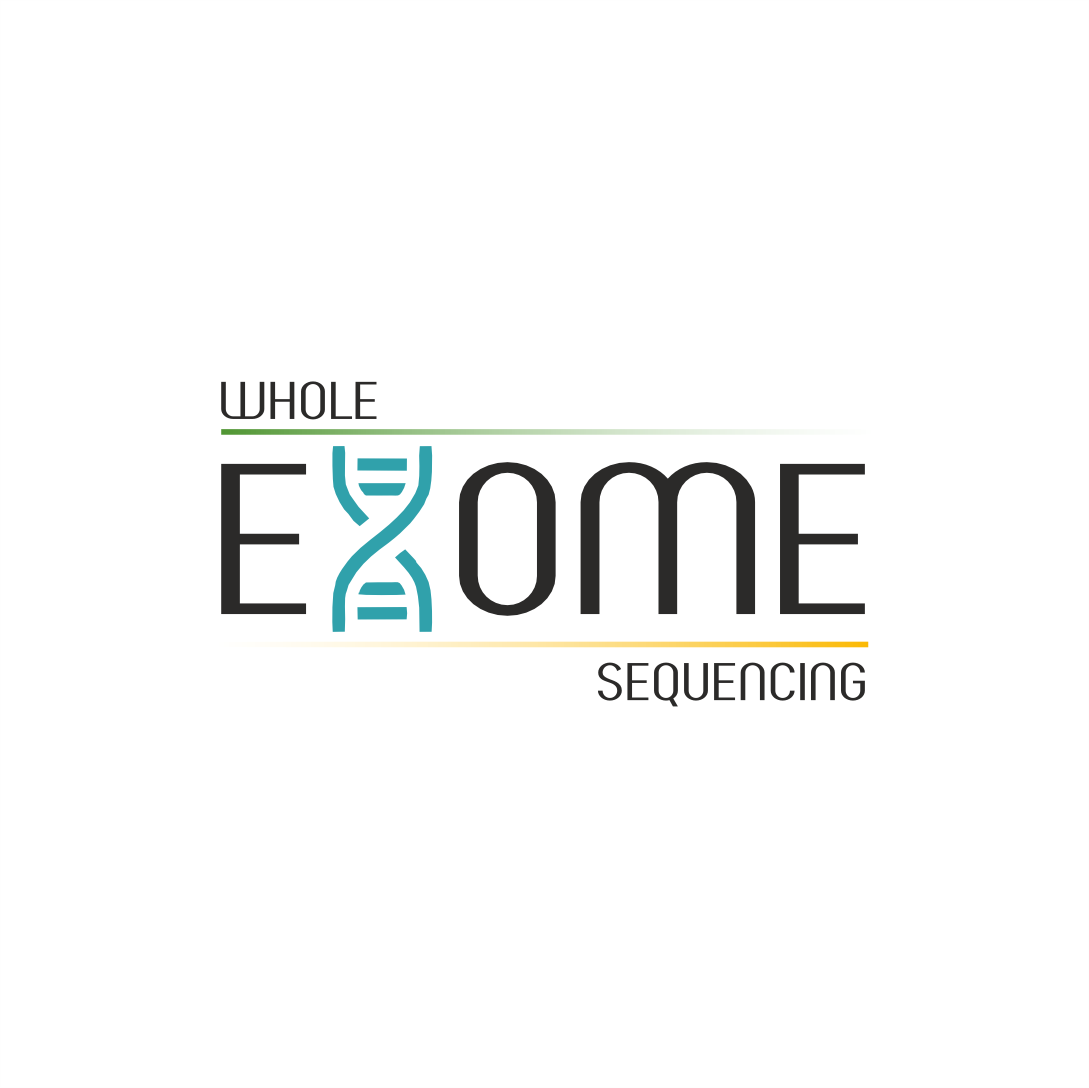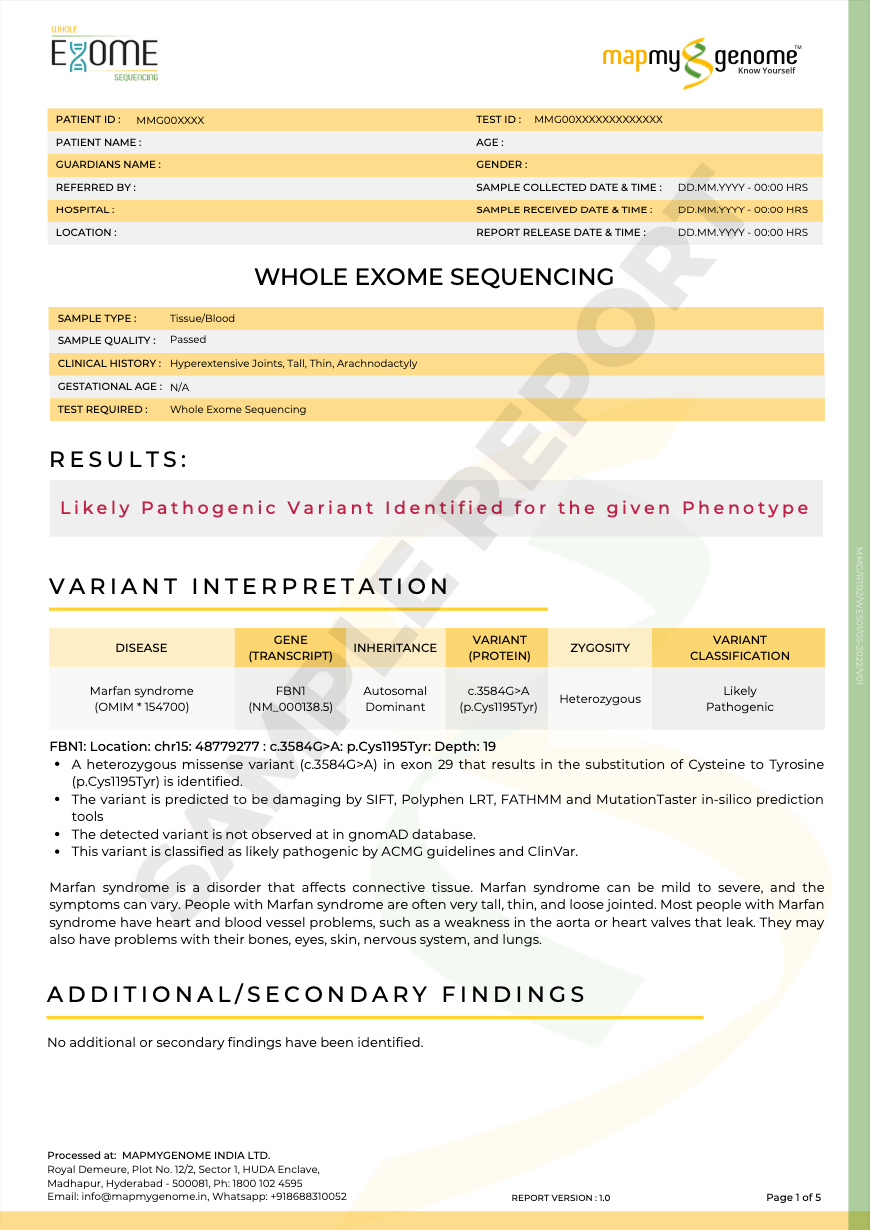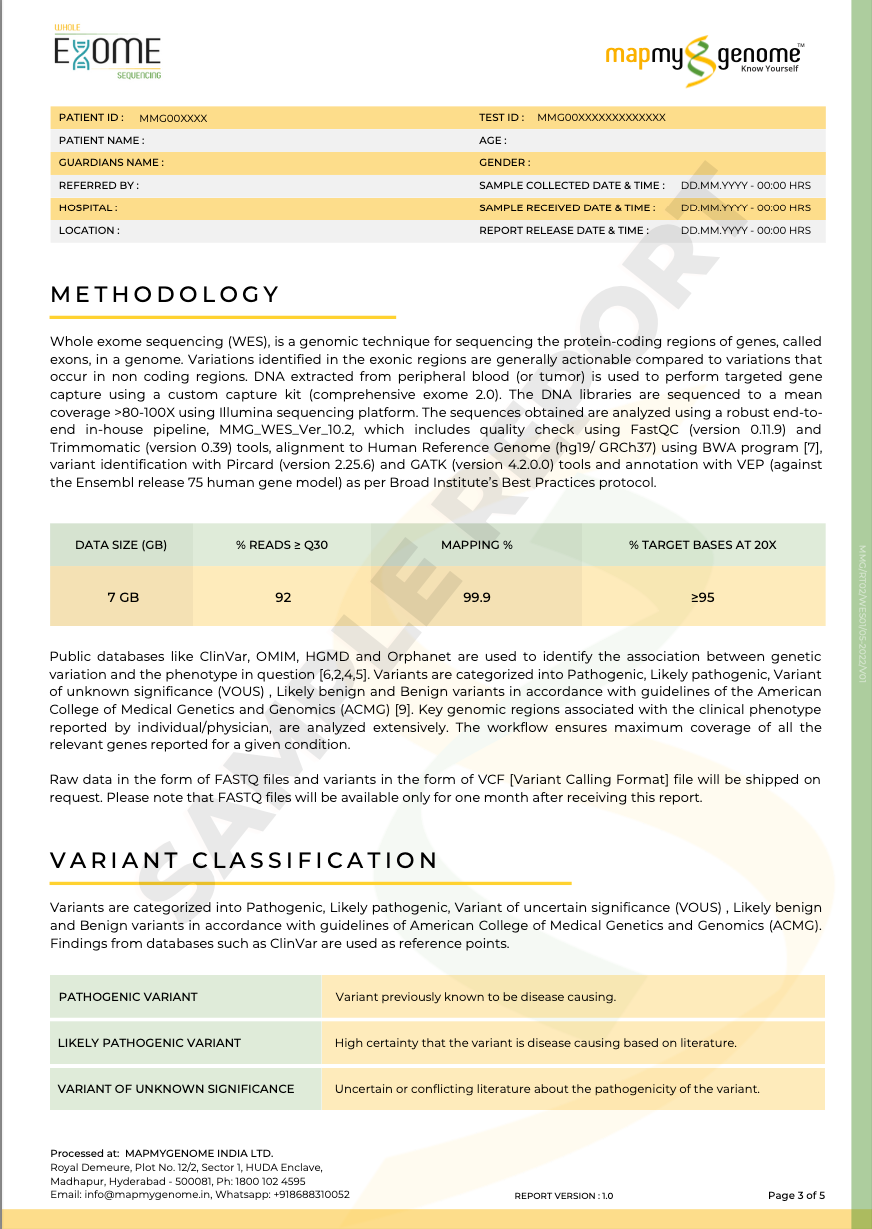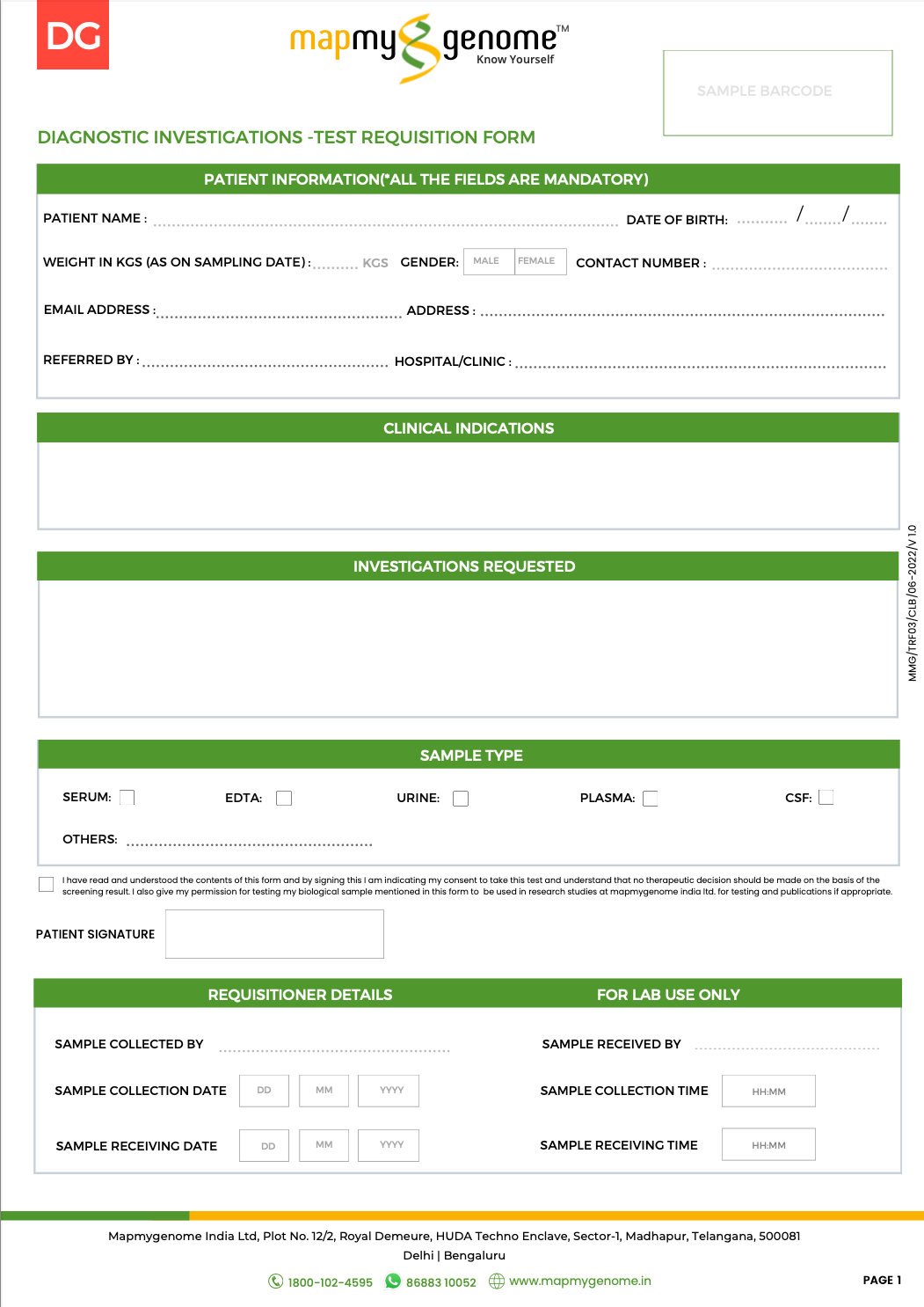हृदय रोग के क्षेत्र में तेजी से बदलाव आ रहा है, जिसका एक कारण आनुवंशिकी की गहरी समझ है। जिन हृदय रोगों को पहले अज्ञात कारणों से होने वाला माना जाता था, अब उन्हें उनके आनुवंशिक आधार पर पुनर्वर्गीकृत किया जा रहा है, जिससे अधिक व्यक्तिगत निदान, प्रबंधन और पूर्वानुमान संभव हो पा रहा है। यह ब्लॉग हृदय संबंधी प्रमुख जीनों, उनसे प्रभावित होने वाली स्थितियों और चिकित्सकों द्वारा दैनिक अभ्यास में आनुवंशिक जानकारियों का लाभ उठाने के तरीकों पर गहन चर्चा प्रस्तुत करता है।
हृदय रोग की आनुवंशिक संरचना
हृदय संबंधी रोग (सीवीडी) जन्मजात विकारों और हृदय की मांसपेशियों से लेकर अतालता और लिपिड विकारों तक एक विविध श्रेणी का प्रतिनिधित्व करते हैं। हालांकि पर्यावरणीय और जीवनशैली कारक निर्विवाद रूप से इसमें योगदान देते हैं, लेकिन आनुवंशिकी की भूमिका—विशेष रूप से पारिवारिक और प्रारंभिक अवस्था में होने वाले मामलों में—लगातार महत्वपूर्ण होती जा रही है।
हृदय रोगों के आनुवंशिक आधार को मोटे तौर पर निम्नलिखित श्रेणियों में वर्गीकृत किया जा सकता है:
-
कार्डियोमायोपैथी (जैसे, एचसीएम, डीसीएम, एआरवीसी, आरसीएम)
-
अतालता (उदाहरण के लिए, एलक्यूटीएस, ब्रुगाडा सिंड्रोम, सीपीवीटी)
-
जन्मजात हृदय दोष
-
महाधमनी रोग और संयोजी ऊतक विकार
-
लिपिड चयापचय विकार
इन आनुवंशिक उत्परिवर्तनों और इनके पीछे के तंत्र को समझने से रोग के लक्षण प्रकट होने से पहले ही उनकी पहचान, परिवार की स्क्रीनिंग और अनुकूलित उपचार संभव हो सकते हैं।
प्रमुख हृदय संबंधी स्थितियां और उनके आनुवंशिक संबंध

यह भी पढ़ें: जीन हृदय रोग के जोखिम को प्रभावित करते हैं — प्रत्येक जीन के बारे में जानें।
आगे पढ़ने के लिए: कार्डियोमायोपैथी के आनुवंशिक परीक्षण पर चिकित्सकों पर केंद्रित व्यापक सहमति के लिए, कार्डियोलॉजिकल सोसायटी ऑफ इंडिया के स्थिति वक्तव्य का संदर्भ लें - यह वंशानुगत कार्डियोमायोपैथी में जीनोटाइपिंग, व्याख्या और नैदानिक अनुप्रयोग पर एक विस्तृत मार्गदर्शिका है।
हृदय संबंधी आनुवंशिक परीक्षण के नैदानिक अनुप्रयोग
-
शीघ्र पता लगाना और निदान
आनुवंशिक परीक्षण लक्षणों की शुरुआत से पहले ही जोखिम वाले व्यक्तियों की पहचान कर सकता है, विशेष रूप से उन परिवारों में जिनमें अचानक हृदय गति रुकने या कम उम्र में हृदय रोग होने का इतिहास रहा हो। -
जोखिम वर्गीकरण और उपचार योजना
उदाहरण के लिए, हाइपरट्रॉफिक कार्डियोमायोपैथी में, कुछ MYH7 या TNNT2 वेरिएंट अचानक कार्डियक डेथ के उच्च जोखिम से जुड़े होते हैं और इसके लिए ICD पर विचार करने की आवश्यकता हो सकती है। -
फार्माकोजेनोमिक्स और ड्रग सेफ्टी
SCN5A जैसे जीन में भिन्नताएँ एंटी-एरिथमिक दवाओं के प्रति संवेदनशीलता को प्रभावित कर सकती हैं, जिससे सुरक्षित दवा-निर्धारण प्रथाओं को निर्देशित किया जा सकता है। -
पारिवारिक स्क्रीनिंग
एक बार रोगजनक वेरिएंट की पहचान हो जाने के बाद, कैस्केड स्क्रीनिंग से रिश्तेदारों का लक्षित परीक्षण संभव हो पाता है, जिससे उन लोगों में अनावश्यक चिंता और हस्तक्षेप कम हो जाते हैं जो वाहक नहीं हैं। -
प्रसवपूर्व परामर्श
जन्मजात विकारों का आकलन करने और प्रजनन संबंधी विकल्पों को निर्देशित करने में आनुवंशिक जानकारी मूल्यवान होती है।
मैपमाईजीनोम के क्लिनिकल जीनोमिक समाधान
मैपमाईजीनोम में, हम हृदय संबंधी जोखिम मूल्यांकन और व्यक्तिगत देखभाल में सहायता के लिए चिकित्सकीय रूप से प्रमाणित जीनोमिक परीक्षणों की एक श्रृंखला प्रदान करते हैं:
-
कार्डियोमैप: एक व्यापक पैनल जो वंशानुगत कार्डियोमायोपैथी, अतालता, लिपिड विकार और जन्मजात हृदय दोषों से संबंधित 100 से अधिक जीनों को कवर करता है।
-
मेडिकामैप™: एक फार्माकोजेनोमिक्स पैनल जो दवा प्रतिक्रिया संबंधी जानकारी प्रदान करता है, विशेष रूप से एंटीकोएगुलेंट, स्टेटिन और एंटी-एरिथमिक दवाओं के लिए उपयोगी है।
-
जीनोमपैट्री™: डीएनए आधारित स्वास्थ्य और तंदुरुस्ती मूल्यांकन जिसमें सक्रिय जीवनशैली और नैदानिक प्रबंधन के लिए हृदय संबंधी प्रवृत्तियों की जानकारी शामिल है।
-
होल एक्सोम सीक्वेंसिंग (डब्ल्यूईएस): जटिल या दुर्लभ मामलों के लिए आदर्श, जो 20,000 से अधिक जीनों में फैले संपूर्ण कोडिंग क्षेत्र के विश्लेषण को सक्षम बनाता है।
-
आनुवंशिक परामर्श सेवाएं: प्रशिक्षित आनुवंशिक परामर्शदाताओं की हमारी टीम रिपोर्टों की व्याख्या करने और अनुवर्ती कार्रवाई की सिफारिश करने में रोगियों और चिकित्सकों दोनों का समर्थन करती है।
सभी परीक्षण हमारे CAP और NABL से मान्यता प्राप्त प्रयोगशाला में किए जाते हैं, जो उच्चतम गुणवत्ता और विश्वसनीयता सुनिश्चित करता है।
नैदानिक परिप्रेक्ष्य और अगले कदम
हृदय रोग संबंधी आनुवंशिकी के क्षेत्र में हो रहे विकास के साथ, चिकित्सक जीनोमिक जानकारियों को रोगी की देखभाल में एकीकृत करने के लिए एक अद्वितीय स्थिति में हैं। आनुवंशिक परीक्षण को अपनाकर, चिकित्सक प्रतिक्रियात्मक दृष्टिकोण से हटकर निवारक और व्यक्तिगत दृष्टिकोण अपना सकते हैं—जीवन बचा सकते हैं, परिवारों को जानकारी दे सकते हैं और परिणामों को बेहतर बना सकते हैं।
अधिक जानकारी के लिए या किसी मरीज को रेफर करने के लिए, www.mapmygenome.in पर जाएं या हमारी क्लिनिकल सपोर्ट टीम से संपर्क करें।



